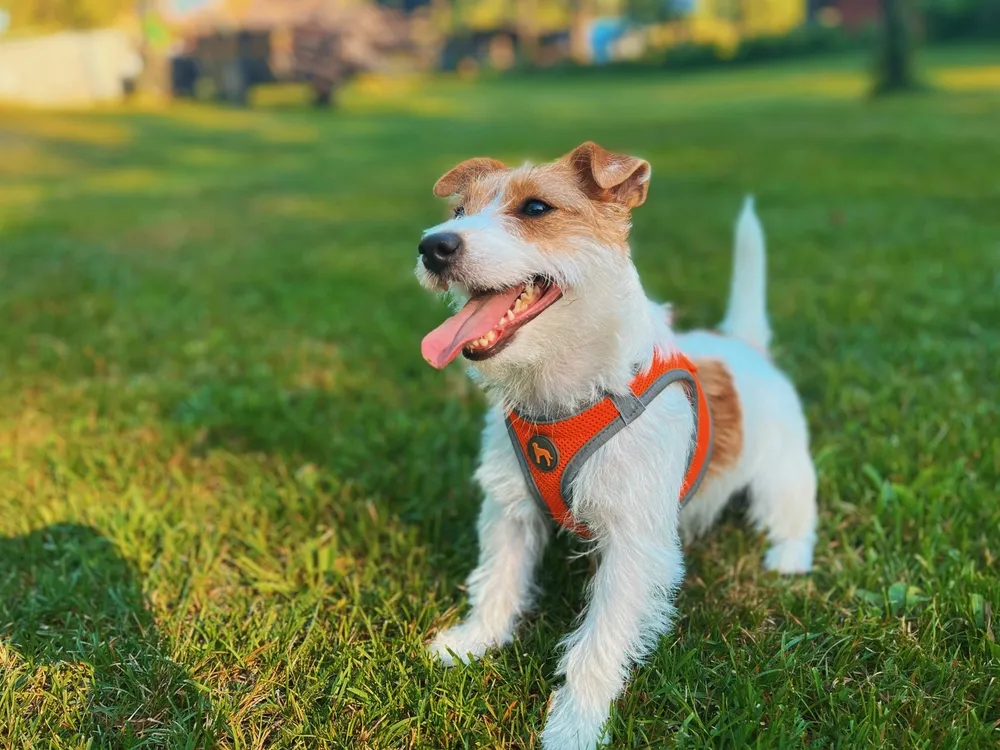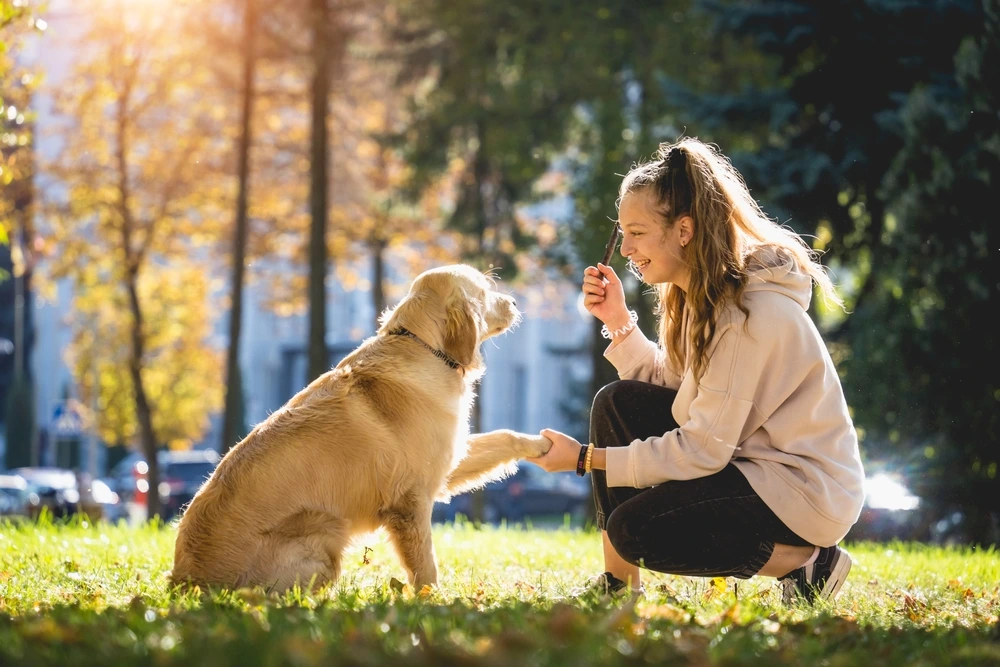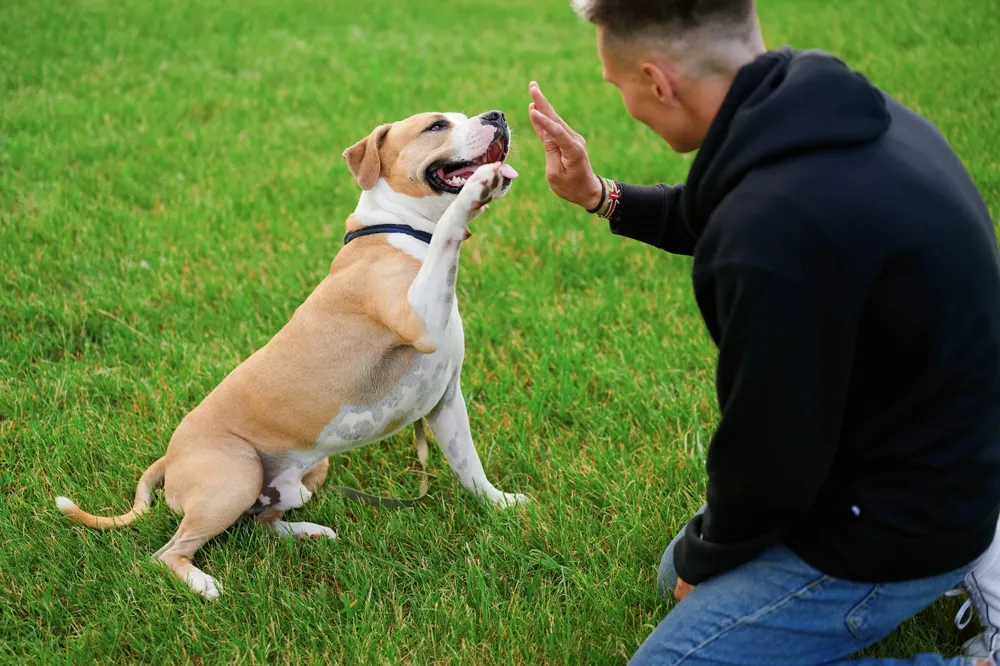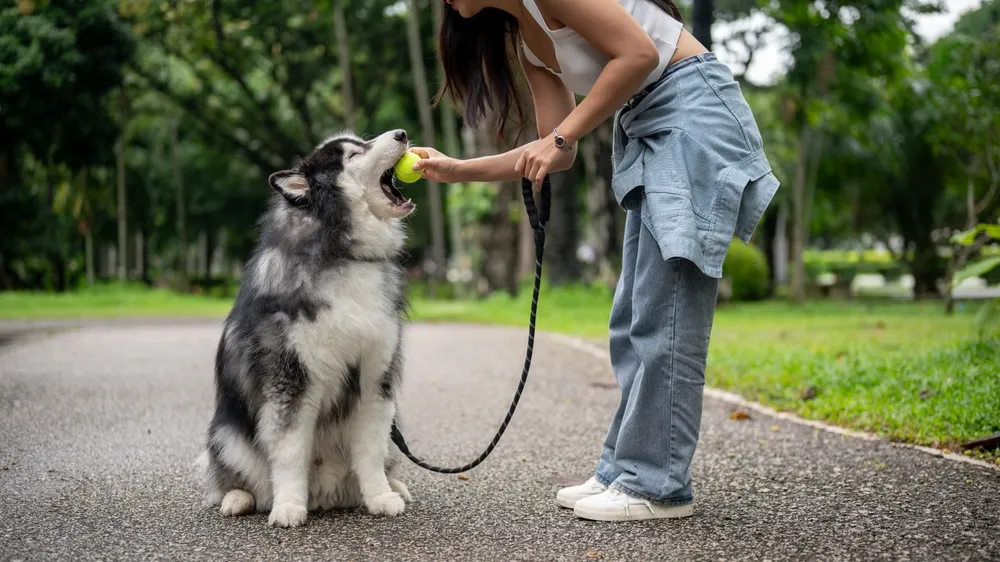
Bringing a puppy home is pure happiness. Zoomies and little barks make them extra lovable. But let’s be honest: between the potty accidents, chewed-up shoes, and sleepless nights, reality sets in fast. Raising your dog in the heart of the city? That’s a whole different level.
So, here’s the big question: Is puppy training in Chicago worth it? Or can you wing it with some YouTube videos?
We talked to local trainers, visited a few classes, and dug into what makes training in the Windy City so unique. Here’s what we found.
Why Puppy Training in Chicago Pet Owners Trust Is More Than Just Sit and Stay

In Chicago, puppy training is more than teaching “sit” and “stay”—it’s about preparing your dog for city life. From noisy streets to crowded parks, pups face daily challenges. Local programs focus on real-world skills like polite leash walking, noise desensitization, and socialization—all using positive reinforcement.
It’s not just obedience. It’s confidence, safety, and calm behavior in a busy urban world. For Chicago dog parents, training isn’t optional—it’s essential.
What Makes Puppy Training in Chicago So Valuable?

Chicago is a loud and busy place. Your puppy’s not just learning how to sit—they’re learning how to do it with sirens blaring and joggers sprinting past. That’s a skill.
Here’s what training in this city covers:
- Leash walking in high foot-traffic areas.
- Polite greetings (because not everyone wants a puppy jumping on them on the L).
- Distraction training near parks, patios and festivals.
- Noise desensitization—yep, garbage trucks and fireworks included.
When you add all this up, it’s clear why puppy training in Chicago is more than just a luxury—it’s almost a necessity.
Key Areas Every Puppy Training Program Should Cover
1. Early Obedience
This one’s huge. It lays the foundation for all future behavior.
- Sit, stay, come, leave it
- Name recognition
- Walking without pulling
One local trainer shared:
“Obedience isn’t about control—it’s about communication. When your puppy knows what you’re asking, they’re happier. You’re happier. Everyone wins.”
2. Crate Training
Some people feel guilty crating their dog, but trust us—dogs love having their own safe spot.
- Helps with potty training.
- Reduces anxiety when home alone.
- Keeps them from chewing wires while you’re in a Zoom call.
Done right, crate training becomes your secret weapon.
3. Socialization
Early exposure to people, other dogs, and new places helps prevent fear-based aggression later on.
- Introductions to children, bikes, strollers.
- Create positive experiences with other dogs.
- Walks through busy areas like Michigan Avenue or Wicker Park.
If you skip this part, you might end up with a dog that panics every time someone wears a hat. Not ideal.
Structured Classes vs. DIY: What’s Better?
You might be thinking: “Can’t I just train my puppy at home?” And yeah, technically you can. But will you be consistent? Will your timing be perfect? Will your neighbor’s dog help with socialization?
Here’s a side-by-side comparison:
| DIY Training | Professional Classes |
| Flexible schedule | Set weekly classes |
| Cheaper short-term | Higher upfront cost |
| Harder to stay consistent | Guided progress with accountability |
| Limited exposure to distractions | Built-in socialization and real-world setups |
| No feedback | Direct coaching from certified puppy trainers |
Many local pet parents start at home, then realize their puppy needs more structure. Places like PetSmart classes and Puppy Kindergarten Chicago offer beginner-friendly formats that feel less intimidating than private sessions.
Why Certified Puppy Trainers Make a Difference

Not all dog trainers are created equal. Some are self-taught, some learned from outdated methods, and others are fully certified by respected organizations.
Certified puppy trainers have studied behavior, learning theory and modern reinforcement techniques. They can spot issues early—before they turn into long-term problems. That’s especially important when addressing dog behavior problems , where city life adds extra stressors and distractions.
A trainer said:
“Most behavior problems in adult dogs? We could’ve fixed them when they were puppies—if we’d caught them early.”
Short answer? The earlier, the better.
Most trainers recommend starting as early as 8 to 10 weeks old. You don’t have to wait until your pup is fully vaccinated—just pick a class that requires up-to-date shots and follows safety guidelines.
Programs typically last 4 to 8 weeks, depending on what you want to cover. Some offer follow-ups for adolescence, because let’s be real: teenage puppies can be wild.
Puppy Training in a City Like Chicago: What’s Unique?
Living in Chicago with a puppy is an adventure. But it also brings some specific challenges:
- Small apartments? Crate training becomes crucial.
- No yard? Gotta master leash manners early.
- Busy streets? Obedience helps avoid accidents.
- Dog-friendly spaces? From Montrose Dog Beach to patios in Lincoln Park—your dog needs to behave around other people and pups.
Also, weather. Snowy paws and icy sidewalks don’t make for ideal training conditions. Some classes offer indoor spaces or modified activities during winter, which is a huge plus.
The ROI of Puppy Training: Is It Worth It?
Let’s talk value. Is shelling out a few hundred bucks for puppy training in Chicago really worth it?
Here’s what you get:
- Fewer destroyed shoes and rugs
- Easier vet visits and grooming appointments
- Calmer walks through the city
- Better interactions at dog parks and patios
- Stronger bond between you and your dog
It’s not just about obedience. It’s about trust, safety, and setting your pup up to thrive in a busy urban world.
A local dog owner shared:
“After training, I could finally take my pup to the lakefront without worrying he’d drag me into traffic chasing a squirrel. That peace of mind? Priceless.”
Real-Life Class Snapshots
Prestige Dog Training
Known for their personalized approach, Prestige offers structured puppy training programs that focus on real-world readiness. Their certified trainers tailor sessions to match each pup’s personality—whether you’ve got a shy snuggler or a wild explorer. Parents love their focus on communication, calm behavior, and confidence-building, especially for puppies navigating busy Chicago streets. Their flexible formats include private dog training sessions and group dog training classes, making it easy to get the right support from day one.
Puppy Kindergarten Chicago
They offer small classes that build strong foundations. Puppies learn obedience, confidence-building and basic manners. Trainers also talk you through the rough stuff—like biting and potty accidents.
PetSmart Classes
Accessible and budget-friendly. They run beginner classes across several Chicago locations, with consistent curriculum and trained staff. Great for first-time dog parents.
Conclusion
Between the traffic, weather, people and tight spaces, Chicago puppies face challenges that suburban dogs might never see. Early training builds the confidence and skills they need to stay safe—and stay out of trouble.
And if you want guidance from people who blend structure with heart? Prestige Dog Training is one local favorite. Their trainers tailor programs to your puppy’s personality, and they’re known for taking even the wiggliest learners and turning them into total rockstars.



